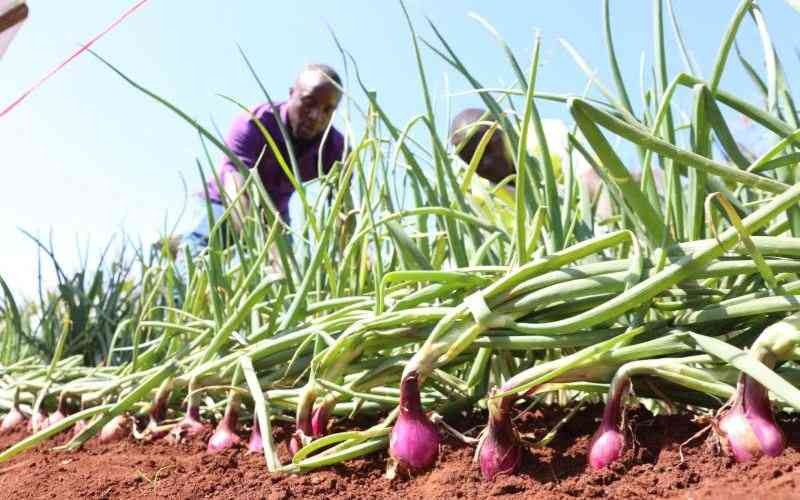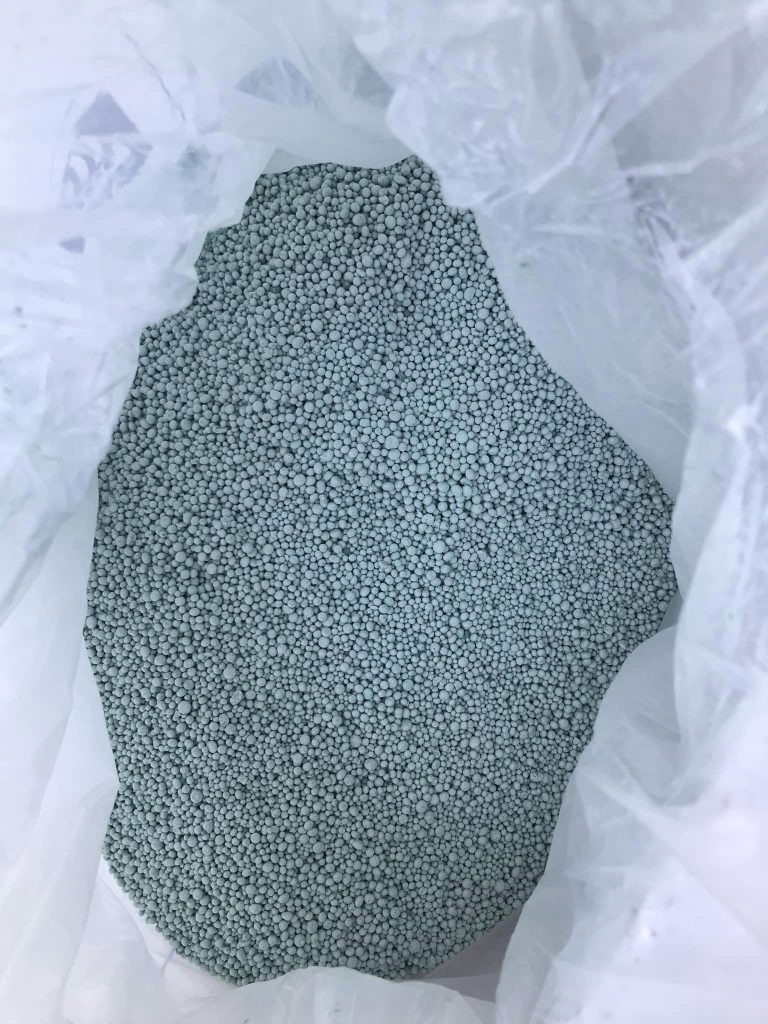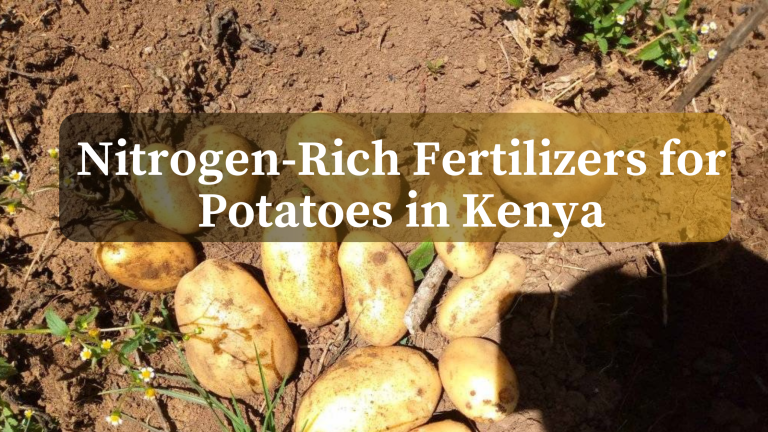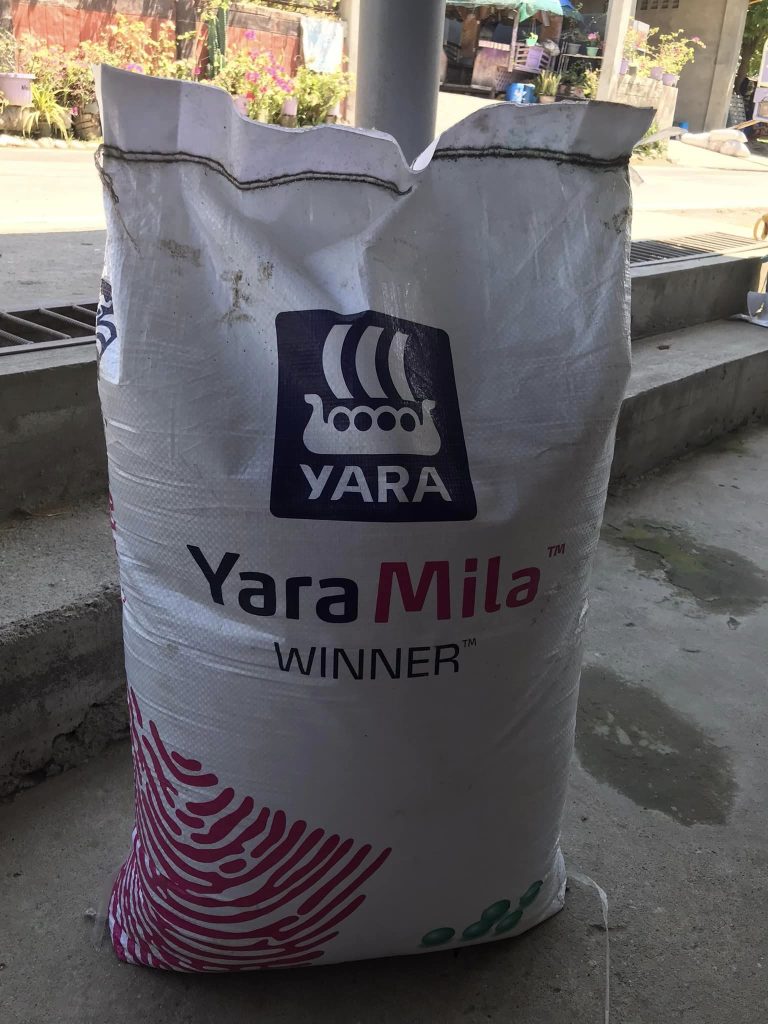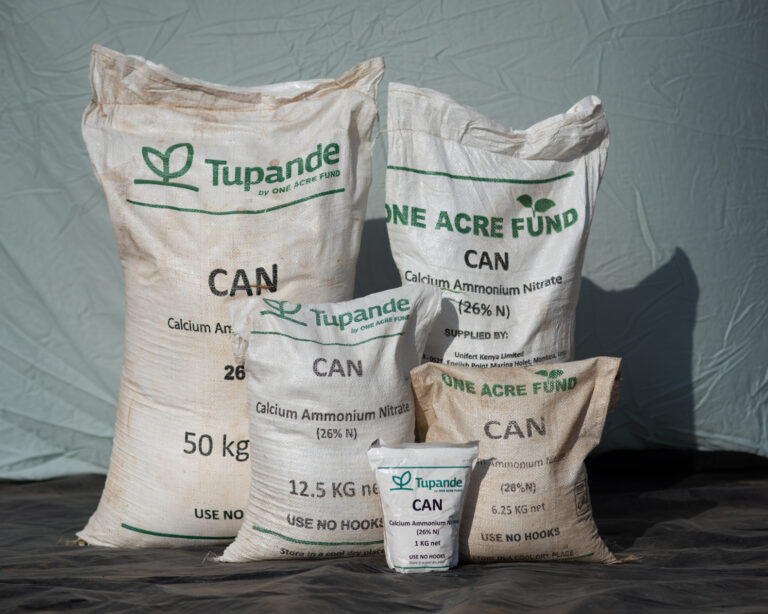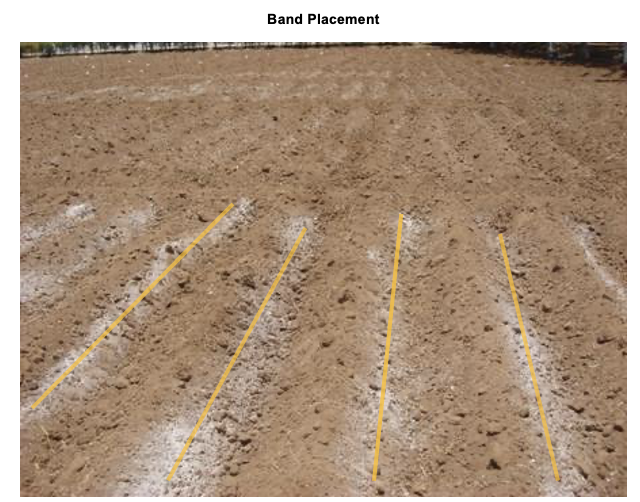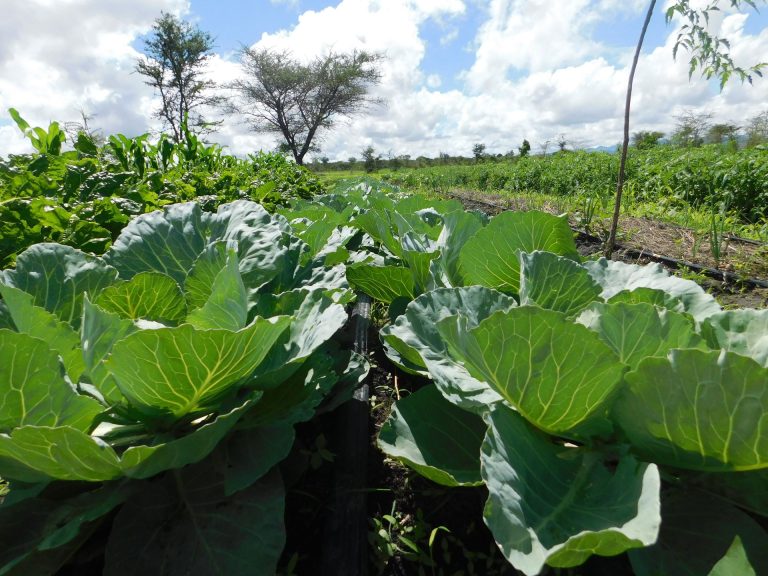Do Onions Need Potassium?
Yes, onions require potassium (K) for optimal growth and development. Potassium plays a crucial role in various physiological processes, including photosynthesis, translocation of assimilates, enzyme activity, and protein synthesis.
It also helps in maintaining the structural integrity of the plant and is essential for the formation of healthy bulbs.
How Does Potassium Affect Onion Bulb Quality?
Potassium plays a crucial role in enhancing onion bulb quality in several ways:
- Bulb Size and Weight: Adequate potassium levels contribute to larger and heavier bulbs. Higher application of potassium (120 kg ha−1) increased the bulb shape index by about 2.5% compared to the control, resulting in a more preferred globe-shaped bulb.
- Bulb Firmness: Potassium helps maintain the firmness and structural integrity of onion bulbs.
- Storage Quality: Proper potassium nutrition improves the storability of onions by reducing the incidence of rot and extending shelf life. Potassium application significantly reduced the percentage of bulb rot during storage. The highest rate of potassium application (120 kg ha−1] resulted in a 53.5% reduction in bulb rot compared to the unfertilized plots.
- Resistance to Stress: Onions with sufficient potassium are more resilient to environmental stresses such as drought and cold, which can affect bulb formation and quality.
- Nutrient Balance: Potassium interacts with other nutrients like nitrogen and phosphorus to optimize their uptake and utilization, further supporting overall bulb development and quality.
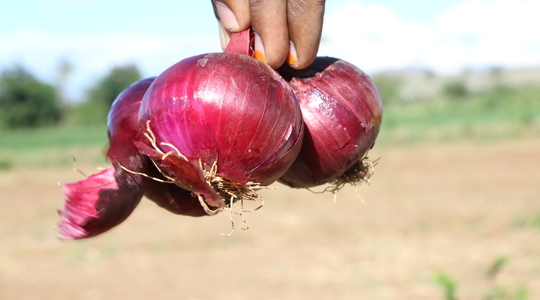 What Are The Symptoms Of Potassium Deficiency In Onions?
What Are The Symptoms Of Potassium Deficiency In Onions?
The symptoms of potassium deficiency in onions include:
- Yellowing and Browning of Leaf Tips: Older leaves exhibit yellowing at the tips, progressing to brown necrotic spots as deficiency worsens.
- Stunted Growth: Onions may appear smaller and less vigorous compared to healthy plants.
- Reduced Bulb Size and Quality: Potassium deficiency can lead to smaller bulbs with poor development.
- Increased Susceptibility to Pests and Diseases: Weakened plants are more prone to attacks by pests and diseases.
- Leaf Curling: Leaves may exhibit curling or rolling, especially along the edges.
These symptoms indicate the importance of adequate potassium levels for healthy onion growth and development.
Nutrient Requirements for Onions
- Nitrogen (N): Nitrogen is essential for onion growth, particularly in the early stages. High nitrogen rates can lead to succulent plants that are more susceptible to disease and chilling injury. It is recommended to apply nitrogen early in the growing season and to reduce applications once the onions start bulbing.
- Phosphorus (P): Phosphorus is necessary for root development and bulb formation. Adequate phosphorus levels help in the transfer of carbohydrates from the leaves to the bulb, resulting in larger bulbs.
- Potassium (K): Potassium is vital for maintaining plant health and promoting photosynthesis. It helps in the translocation of assimilates and enhances enzyme activity. Potassium deficiency can lead to brown tips on older leaves and poor bulb formation.
- Zinc (Zn): Zinc is important for plant growth and development. Zinc deficiencies can cause stunted plants with twisted or rippled leaves.
- Magnesium (Mg): Magnesium is necessary for maintaining soil pH and is often included in lime applications. Magnesium deficiencies can result in stunted growth with yellow leaves.
- Sulfur (S): Sulfur is essential for plant growth and helps in minimizing pungency in mature onions. Sulfur deficiencies can cause leaves to become thick and deformed.
- Boron (B): Boron is necessary for plant growth and development. Boron deficiencies can cause a range of symptoms including stunted growth, leaf distortion, and reduced fruiting.
Practical Applications
- Fertilizer Selection: Potassium nitrate is recommended for onion production due to its low contribution to rootzone salinity and high uptake by the plant.
- Timing of Applications: Nitrogen applications should be made early in the growing season, while potassium applications should be made at critical growth stages to ensure optimal uptake.
- Soil Sampling: Soil sampling is essential to determine the correct ratios of nutrients to be applied based on soil type and expected yield
Do Onions Need Potassium?
Yes, potassium is important for the growth and development of onions, as it is for most plants. Potassium is a vital nutrient that onions require for various physiological processes, including photosynthesis, enzyme activation, and the regulation of water uptake and distribution within the plant.
A deficiency in potassium can lead to stunted growth, reduced yields, and increased susceptibility to diseases and environmental stresses.
Therefore, ensuring that onions receive an adequate supply of potassium through proper soil fertility management or fertilization is crucial for their optimal growth and productivity.
What Nutrients Do Onions Need To Grow?
Transplanting Stage
At transplanting, the crop will require phosphorus to maximize root development and to supply reserves for season long growth and good bulbing. Nitrogen and potassium are also required to promote strong early growth.
Potassium will also help the crop withstand abiotic stresses. Sulphur is a vital nutrient in onions for flavor and will also be required in the early stages.
Micronutrients such as boron, manganese and zinc are necessary to ensure good root and shoot growth.
Vegetative growth:
During this stage, sufficient nitrogen is required to ensure optimal development of the crop in preparation for formation of the onion bulbs. Insufficient nitrogen supply will result into stunted weak plants with very little small bulbs.
It is important to ensure that the crop receives enough phosphorus at this stage to drive the growth of new shoots and provide the energy required for growth.
Potassium will be required to ensure continued growth and development. Other nutrients such as calcium, sulfur and magnesium will also be required to maintain vigorous, healthy leaf growth and to build plant supplies prior to bulbing
Bulb formation:
At this stage the growth of the leaves reduces and the plant focusses on the development of the bulb. Nitrogen will be required to maintain strong plant structure but excess nitrogen at this stage may cause poor quality bulbs.
Phosphorus will be required to provide the energy required to initiate and support bulb development. For potassium, this is the peak stage at which high amounts are required for high yield and quality bulbs.
Calcium is very crucial at this stage to ensure good supply to the bulb to maximize eventual storage quality. Insufficient calcium will result into bulbs that rot quickly after harvest.
Bulb expansion:
At this stage, nitrogen will be required in lower quantities to maintain dry matter production and not compromise bulb quality. Sufficient levels of phosphorus will drive maturity and bulb size while potassium will maximize the bulb size and weight.
Calcium will maintain bulb firmness and quality while Sulphur will ensure desired pungency of the onion. Micronutrients will improve the storage and skin finish quality.

